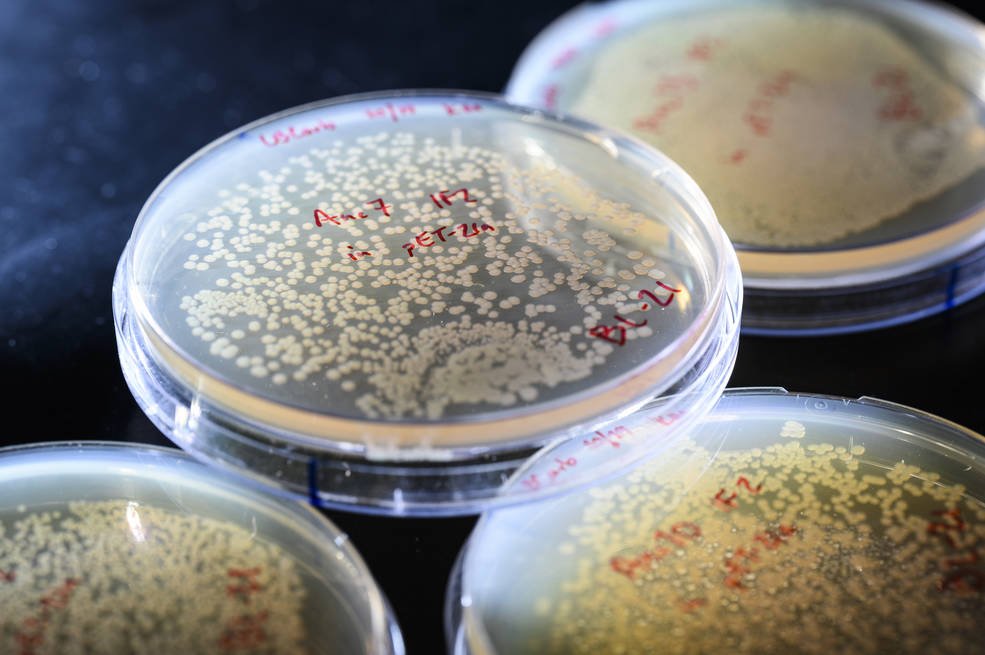Reproduction is a fundamental aspect of life, central to the perpetuation of species and the continuation of human existence. It is an intricate and multifaceted process that has fascinated scientists for centuries. In response to this fascination, the field of reproductive biology has emerged as a critical area of scientific study. The Reproductive Biology Research Program is at the heart of this scientific exploration, bridging the realms of biology, medicine, and technology to unravel the complexities of reproduction. The Reproductive Biology Research Program is a multidisciplinary initiative that seeks to advance our understanding of reproductive processes in both humans and other species. This program is a testament to the profound impact of science on the way we perceive, manage, and manipulate reproduction. It operates at the intersection of several key domains:
Basic Biological Research – The program delves deep into the basic biological mechanisms underlying reproduction. Researchers study the intricacies of fertilization, embryonic development, and the regulation of hormones that drive the reproductive cycle. Through these studies, they aim to uncover the secrets of life’s beginnings, offering insights into the creation of new life.

Medical Advances – Reproductive biology research has led to groundbreaking medical innovations. Assisted reproductive technologies ART, such as in vitro fertilization IVF and fertility preservation, have revolutionized the field of reproductive medicine. These technologies have empowered individuals and couples facing infertility, enabling them to achieve their dreams of parenthood. The program plays a pivotal role in developing and refining these techniques, making parenthood possible for those who might have otherwise faced insurmountable challenges and go here.
Genetic Understanding – Reproductive biology research intersects with genetics, unraveling the genetic basis of reproductive disorders and hereditary conditions. It offers opportunities for genetic testing and counseling to prospective parents, helping them make informed decisions about their family planning. Moreover, researchers in this program are exploring the possibilities of genetic modification and gene editing technologies, raising profound ethical questions about the future of human reproduction.
Environmental Impact – The program also addresses the environmental and ecological aspects of reproduction. As the world grapples with climate change and biodiversity loss, understanding the reproductive processes of various species is essential for conservation efforts. This research aids in breeding programs for endangered species and the development of strategies to mitigate the effects of environmental stressors on reproductive success.
Social and Ethical Implications – The program is not solely focused on scientific discovery. It also grapples with the social and ethical implications of reproductive research. Issues like surrogacy, reproductive rights, and the ethics of human cloning are debated within this space. Researchers aim to foster informed discussions and responsible decision-making concerning reproductive technologies and their societal consequences.
The Reproductive Biology Research Program serves as a hub for scientists, clinicians, and policymakers, fostering collaboration and knowledge exchange. It thrives on the synergy of different disciplines, ensuring that research findings are not confined to laboratory benches but are translated into practical applications and policies that benefit individuals and society at large. It is not merely a scientific pursuit but a testament to the resilience of the human spirit and our unwavering curiosity about the mysteries of life.